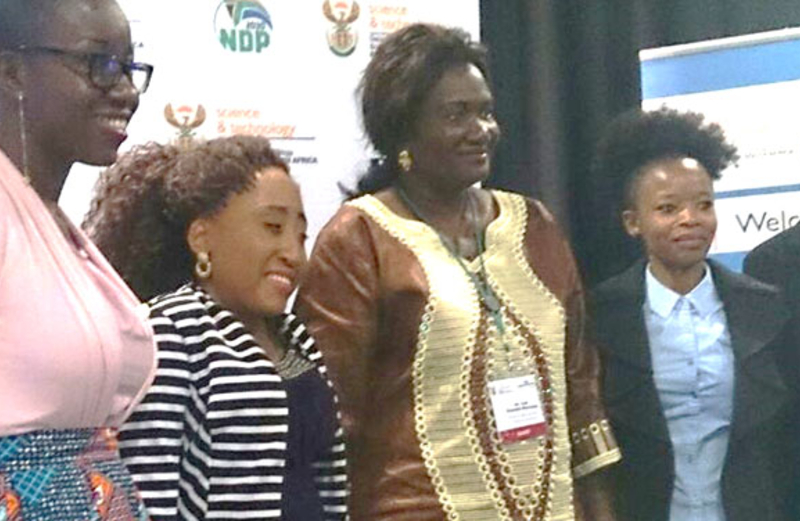Re-orienting Africa’s workforce, skills for “jobs of the future”

Harnessing emerging technologies and innovation in Africa will accelerate the development agenda and hasten strides to attain “The Africa We Want” as outlined in the African Union (AU) Agenda 2063. The emergency of technology, and its rapid adoption and utilization has the potential to lead to job polarization in the market place, if current educational curricula and skills training programs are not re-aligned and adjusted towards “jobs of the future”.
As a way of addressing this challenge, the Science Forum South Africa (SFSA) organized a session to explore two emerging technologies; robotics and artificial intelligence to discuss the potential economic benefits of these technologies in Africa. The session was held at the Council for Scientific and Industrial Research (CSIR) International Convention Centre on the 7th of December, 2017 under the theme “The Future Decides Today: the Africa We Want”.
During the discussions, it was noted that Africa needs to re-align its educational curriculum towards skills-based, technologically grounded and globally competitive systems in order to adequately prepare for “jobs of the future”. This can be done through on-the-job training, apprenticeships, tailored Sector Education Training Authorities (SETA), as well as careful monitoring of University, Technicon and College curricula will be essential, to ensure continued relevance to the job market.
Additionally, Africa must re-orient its work force into positions that will not require automation. Automating a particular task, so that it can be done more quickly or cheaply, increases the demand for human workers to do the other tasks around it that have not been automated and this will require re-orientation of current work force. Therefore, in order to retain this human resource and level of expertise, Africa must accelerate access to education that is responsive to emerging technologies.
On the panel was Ms Ama Duncan of Corporate Training Solutions(Ghana), Dr Zamantungwa Khumalo of Future Leader Youth Development Programme(South Africa), Admiral Joe Sestak of First Global(USA) and Ms Barbara Glover. In notable attendance was the Minister of Higher Education of Namibia and some High Commissioners. At the end of the session, delegates expressed desire in obtaining support for revamping their national educational curricula to include robotics and artificial intelligence.
In conclusion, the need and urgency for the use of emerging technologies in solving the challenges of the continent is eminent. Most of these technologies already exist on the continent and its use must be encouraged. However, in harnessing these technologies, plans must be put in place to ensure the continent has the level of expertise and resources needed. There must be reorientation of our labour force and educational tools in order to prepare our economies for the anticipate “jobs of the future”.



